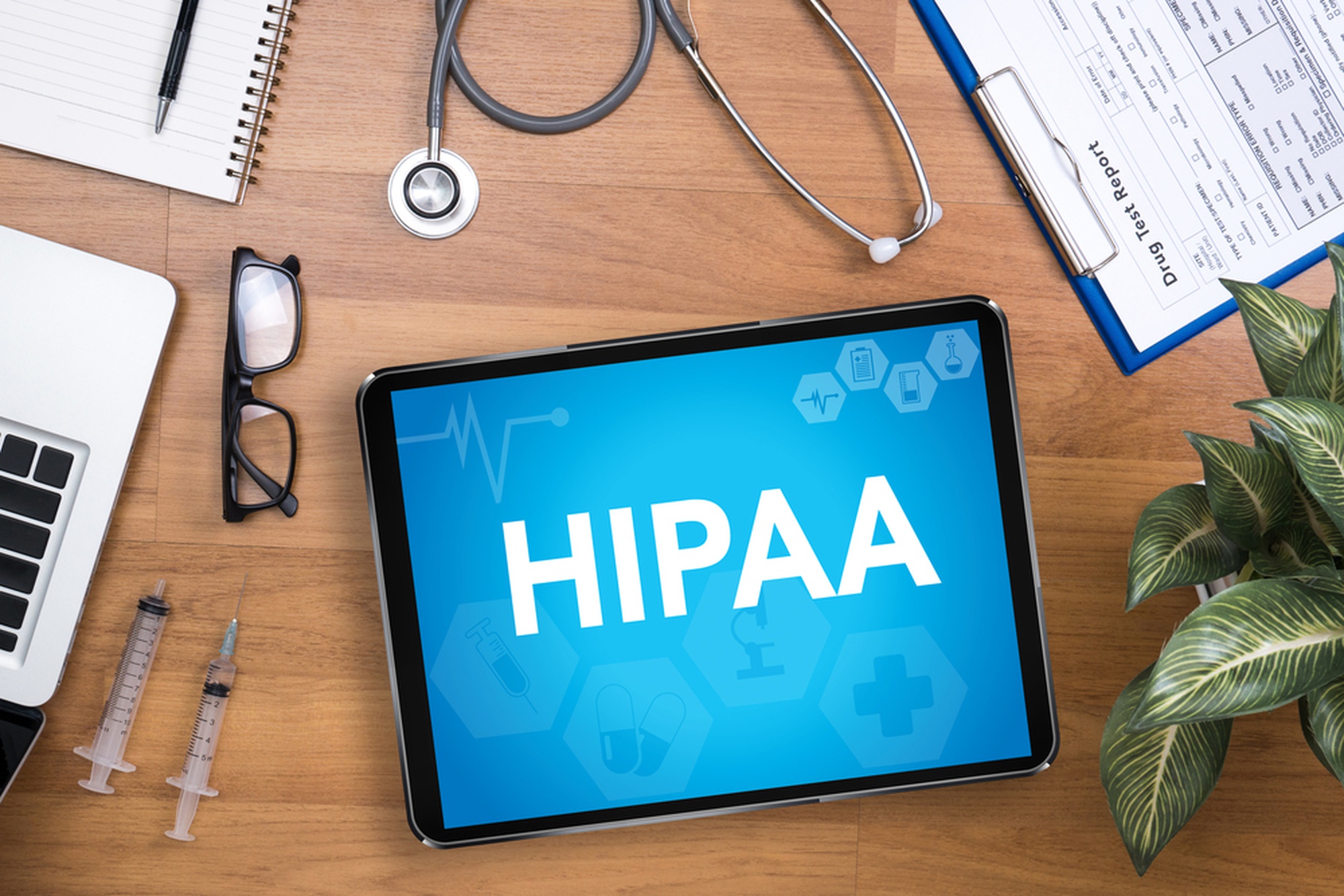Any medical professional must be aware of HIPAA compliance regulations. These laws are designed to safeguard the privacy of patients. Every medical professional must comprehend and adhere to these laws. Being compliant with HIPAA rules can be difficult, especially in an ever-evolving information age. There are a variety of ways to ensure that your practice remains compliant and safe. You’ll be able to offer the tools necessary to protect private health information that is confidential by having an knowledge of HIPAA compliance. This includes a regular evaluation of communication protocols and procedures to handle sensitive information. Respecting these regulations is crucial to ensure that personal information of patients is safe from security breaches and the loss of trust. Implementing HIPAA security measures is a crucial step to developing a medical office that is successful.

HIPAA compliance is essential for all those who deal with patient information that is sensitive. HIPAA regulations require that all companies that deal with Protected Health Information, (PHI) must know and comply with the rules. Failure to comply with HIPAA regulations could lead to large fines and even compromise the confidentiality of the patient’s data. It is vital to know how to respond quickly to a breach if it occurs. Due to increasing cyber attacks and data breaches it’s important to be able to grasp HIPAA requirements and recognize non-compliance. Healthcare institutions can safeguard the privacy of their patients’ information by being aware of HIPAA compliance. This can aid them in avoiding costly fines.
Compliance with HIPAA can provide employees with security knowing that their private health information is protected with the highest standards of patient privacy. Employers should ensure that employees follow a thorough HIPAA compliance program. This gives employees the assurance that their personal and medical information will not be divulged unnecessarily or inappropriately. This establishes trust between employer and employee and gives them the feeling that they are taking shared responsibility for protecting each other’s privacy while also safeguarding their respective concerns. Businesses can create safe and secure workplaces, which allow employees to feel confident that their medical records will be private.
HIPAA compliance plays an important role in all healthcare systems. It is essential to be aware of when to report a HIPAA violation. It is important to understand the requirements of the law. Healthcare providers must safeguard the privacy of patients and confidential information. Anyone who is able to access PHI is responsible for promptly reporting any suspected breach of patient data. If they fail to report the breach either civil or criminal penalties may apply. Patients affected can also complain with the Department of Health and Human Services Office for Civil Rights If they believe their rights, or the rights their personal information has been violated. Effectively advising employees on HIPAA compliance and giving in-depth training on HIPAA guidelines will reduce instances of non-compliance. It is also important to ensure that authorities are informed when being aware of a reported violation.
Employees can benefit of HIPAA compliance in various ways. This is not just secure for their private information but also provides peace of mind to know that their employer is taking the necessary precautions to protect their safety. HIPAA compliance also makes it easier to communicate between employers and employees. You can be assured that any health-related discussions take place in a safe setting. The protection of employers’ as well as employees’ personal data safe creates a greater trust between them which leads to greater satisfaction in the workplace and better retention rates. Following HIPAA standards lets employees know that their employer takes care of their employees both personally and professionally and goes a long way towards creating a collaborative, successful workplace.
For more information, click hipaa compliance regulations